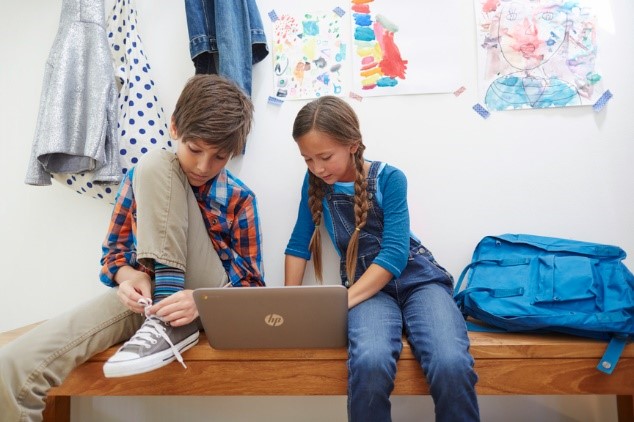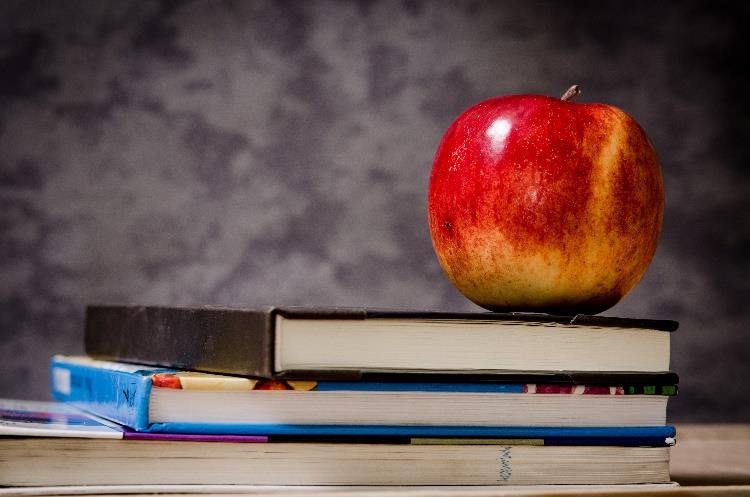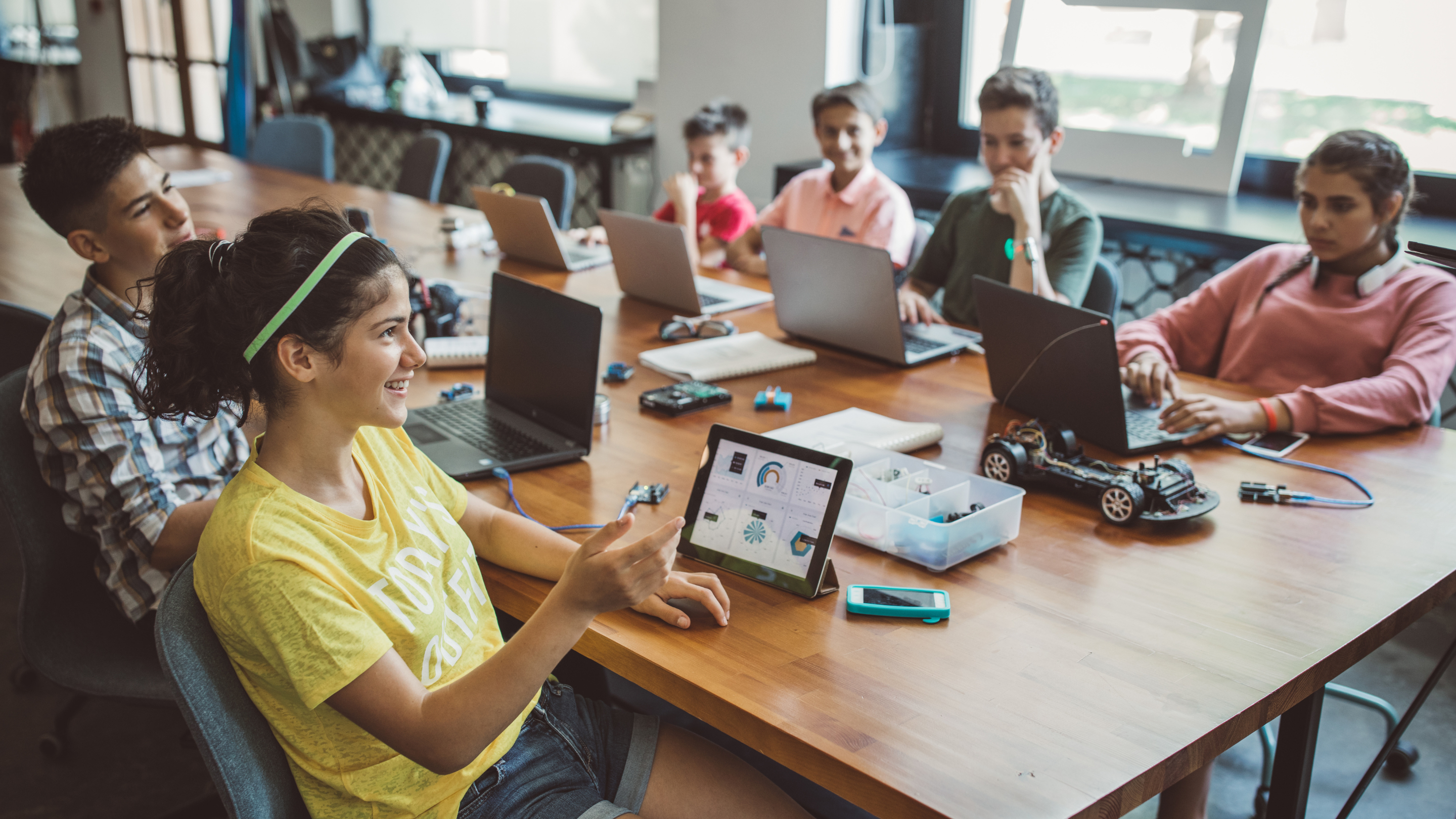Currently our world is simultaneously expanding and contracting. Without being too dramatic, our personal and professional environments have, at least in our minds, altered forever. But this may not be all bad. One positive may be the impetus to change, adapt and grow.
Sometimes we only learn things or change what we do when we are given no other option. At New Era, current circumstances mean that we too have been exploring the ways that we work. Not only the way that we work internally, but smarter ways that we can support you. But what about who this is really all about – the kids?
Our young people have traditionally been given opportunities like school camps, field trips and exchange programmes to experience new things, and push the limits of not just their understanding, but their capacity. As one-off events, these can be formative for the young mind and have a profound influence on the choices they make.
Another part of what we do as teachers is to promote good habits for our students that benefit their ability to successfully learn. We do this through structure, incentive and modelling amongst various other approaches.
I believe we are in a unique situation at the moment that allows us to combine the two notions of forced change through a particular set of circumstances (the one-offs I referred to earlier) as well as the opportunity to develop new habits and ways of thinking and doing.
So how can we capitalise on this unique situation in terms of teaching and learning?
Embrace the World of the Learner
For many of our learners the digital environment is native. Although this concept in itself is not new, the current context most certainly is. Most schools have many of their materials and some of their instruction online, but never have they been forced to use them all of the time for an extended period.
Take feedback as an example. In a social sense, our learners constantly provide feedback, opinions and perspective to each other. These interactions are natural and embrace the way that young people communicate. This can be a scary concept as a teacher as we may view the social media vernacular as one that is totally inappropriate for a school setting. But if we think back to the example of the one-off school camp, we know that if expectations are kept clear in this new environment this does not necessarily mean a degradation in behaviour. In fact, sometimes students can thrive given an environment they are more confident and comfortable in. It is not a stretch to imagine a student who would never put their hand up in class being ok to offer online feedback.
Embrace a New Structure
The internet and many parts of the digital world can be like a pinball machine of shiny lights and attractions. It can be overwhelming as a teacher to navigate as the mere scale of it seems unsurmountable. But it can be done successfully. In my observation right now teachers are examining the way that they structure not only their programmes with students, but their interactions with them and the changing notion of a “classroom”. Take student engagement as an example. It may be that those that struggle to stay motivated and complete work independently, require a more rigorous structure of checks and balances which is actually more achievable in a digital environment. It may even be easier in an online world to do a check in with a small group of students who may be struggling with motivation as opposed to trying to do this in a physical school setting.
A New Set of Expectations
Lining up outside the door, being quiet while the roll is taken, or putting up the chairs on a Friday afternoon are now irrelevant in our current context. But this does not mean that routine and rules no longer have any value.
While there will always be students who push the limits whether online or not, setting a clear expectation of appropriate online interaction, attendance and engagement is essential in creating a conducive environment for learning. It may be worth discussing with your colleagues about how they are setting these expectations with students online. Maybe even involve the parents, at least initially. The chances are that they will available to engage in a way that might normally not be possible.
Think Lateral and Make Mistakes
From the way that you provide learning materials to students, to the way that you assess and provide feedback, there are a myriad of tools at our disposal to adapt and do things differently. Trying different things won’t always go right or work out the way you thought they would. Maybe having all students from a class meeting online all at once is problematic, so why not try smaller groups for a shorter amount of focused time? What is the harm in trying? Trust your instinct, skills and experience as a reflective practitioner. We are always encouraging our students to try new things and make mistakes as they learn, so why not take the opportunity to do this yourself?
Keep the Interactions
With playground duty and walking from one side of the school to the other off the cards for a while, there is a unique opportunity to invest in new interactions with individuals and groups of students. Technology affords us the ability to do this easily and is a natural partner to the formative and collaborative side of assessment. Utilising real-time peer and teacher feedback, providing online examples in a captive environment, and scaffolded assessments are easily achievable methodologies using remote technology.
Additionally, digital interactions can go beyond the traditional content and curriculum. Sharing a picture of your own backyard, your bookshelf or even (as I have seen one teacher do), an old report card, can provide a connection and richness to the relationships with your students that may never have occurred to you unless you were working from home away from the physical school site.
Your Relationships Count More than Ever
We have never relied upon technology so much and yet at the same been so acutely aware of our craving for human interaction. As the world is getting both bigger and smaller at the same time, the relationships you have with your students are now more important than ever. Physical isolation should never be taken lightly. But some of the risk with this can be negated by the new types of healthy and professional connections you can make with students that otherwise would have not have been possible.
I have always believed that New Zealand teachers are some of the most resourceful, imaginative and resilient practitioners in the world. We are now forced into a set of circumstances that allow us to continue to challenge, grow and adapt what we do for our learners and for our own professional journey.
Embrace these times and seek out new habits and approaches.
Will there be pain? Yes. Will we make mistakes? Yes. Will we be better teachers for it? I certainly hope so.

 Australia
Australia Canada
Canada LATAM
LATAM UAE
UAE United Kingdom
United Kingdom United States
United States




